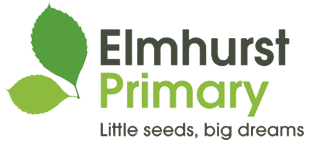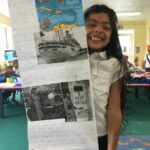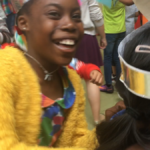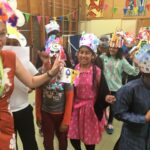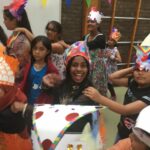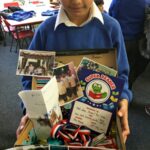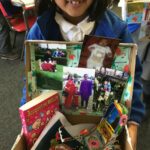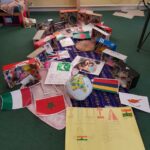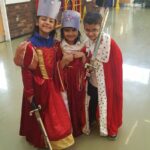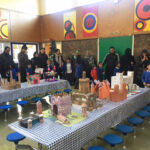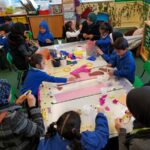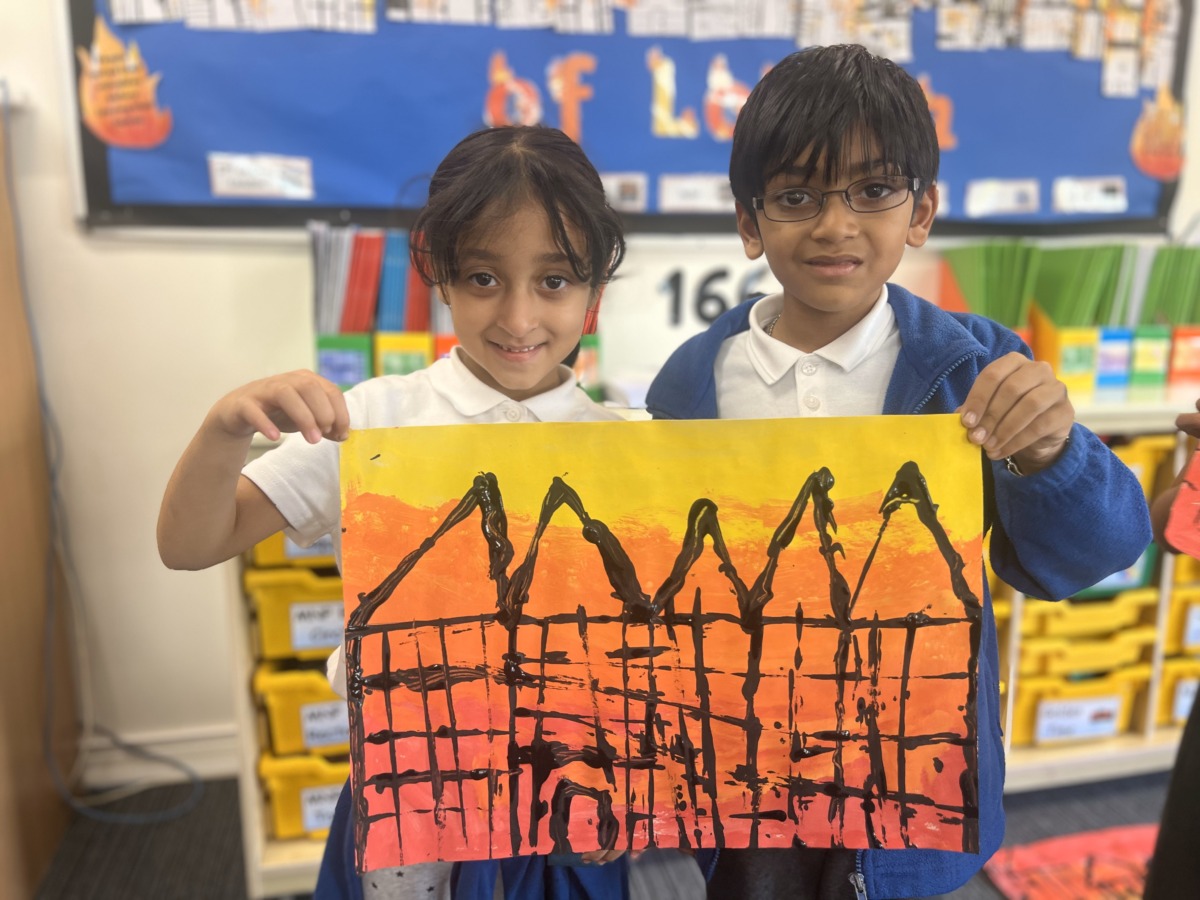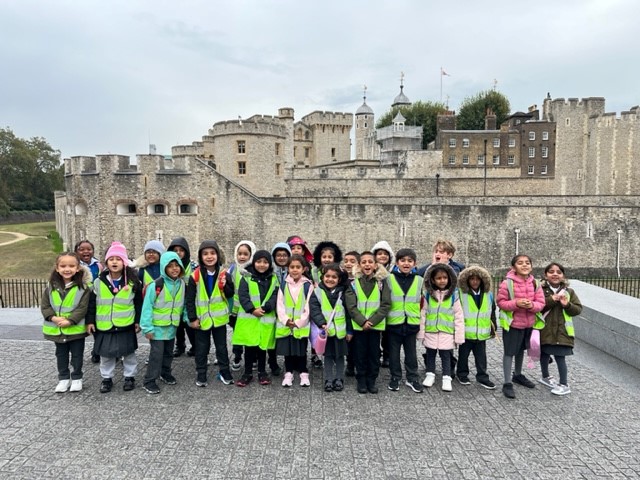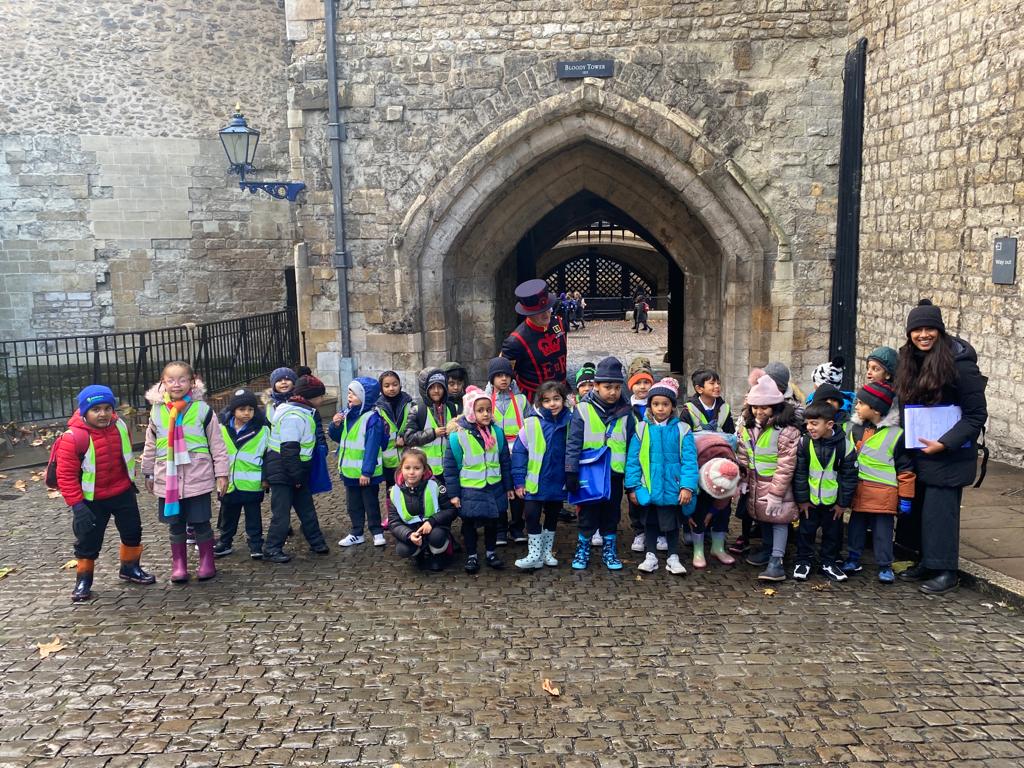Our history curriculum seeks to give pupils a solid foundation and broad overview into some of the most important periods, events and themes in British and world history. Through this, the aim is to develop all children into confident historians, in terms of what they know, how they think and the way they communicate.
While using the National Curriculum as a guide, we have kept three key factors in mind when deciding on the content and structure of our curriculum. First, knowledge is generative, meaning that knowledge of one era or area of history aids in the understanding of another. History is a subject where depth and breadth of understanding are both vital. Secondly, children make progress in history by developing both their knowledge about the past (substantive knowledge) and their knowledge about how historians investigate the past (disciplinary knowledge). As such, lessons, units and the whole curriculum must allow for these to be mutually reinforcing. Third, children will better be able to organise their learning into internal narratives if the curriculum deliberately helps them develop links (chronological and thematic) between topics of study. As such, we have been selective in our choice of content to allow sufficient time to move beyond surface understanding and for links, trends, similarities and differences to be identified between periods.
Different moments and events, people and places in history are not to be seen as a series of separate stories, but rather as all parts of the tapestry of world history. This is supported by the deliberate focus on core ‘threshold concepts’ – key historical ideas and understandings – that are revisited and built upon across numerous topics and analysed from the perspectives of different historical eras. We have adopted a similar approach to the design of individual units, ensuring that knowledge is built sequentially and that there are repeated encounters with key facts, ideas and concepts. By providing opportunities for pupils to apply their knowledge and skills within applicable historical contexts we can deepen their understanding and foster independent thinking while assessing learning and progress.
We have also been conscious to ensure our curriculum offering reflects our school’s demographic and draws from knowledge, stories and histories within our local cultures and heritages. Celebrating diversity and promoting equality are qualities we aim to foster by critically analysing events and understanding history from varying perspectives. This includes specific topics but also by giving voice to individuals and sources from underrepresented groups throughout our curriculum. We are continuing to fine tune our history curriculum with diversity and equality at the heart of any changes made.
In order to bring our history to life we are increasing our use of historical artefacts and high quality texts as a doorway to opening up and developing understanding of historical cultures. Alongside our focus on developing pupils’ oracy skills and written responses, we use these primary and secondary sources of evidence to enable pupils to construct informed responses and develop a reasoned criticality. We also aim to inspire and enrich the learning of our pupils through deliberate choices of trips, utilising the wealth of resources available to us in London but ensuring that pupils are fully prepared with the knowledge and skills they need to fully appreciate the significance of the relics they go to view. We recognise the importance that strong subject knowledge has on the quality of our history provision and we are currently working on implementing several strategies in order to improve this. One of these strategies is the use of learning conversations which have been designed to support subject leaders and teachers to analyse the design and implementation of the history curriculum with the aim of ensuring year on year improvements to our history provision.
Gallery
Latest News
